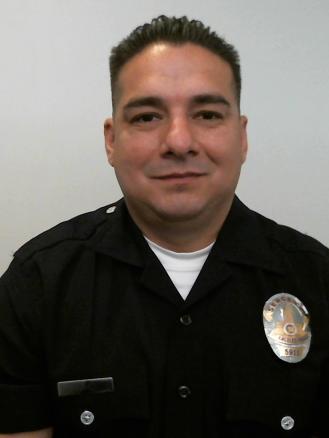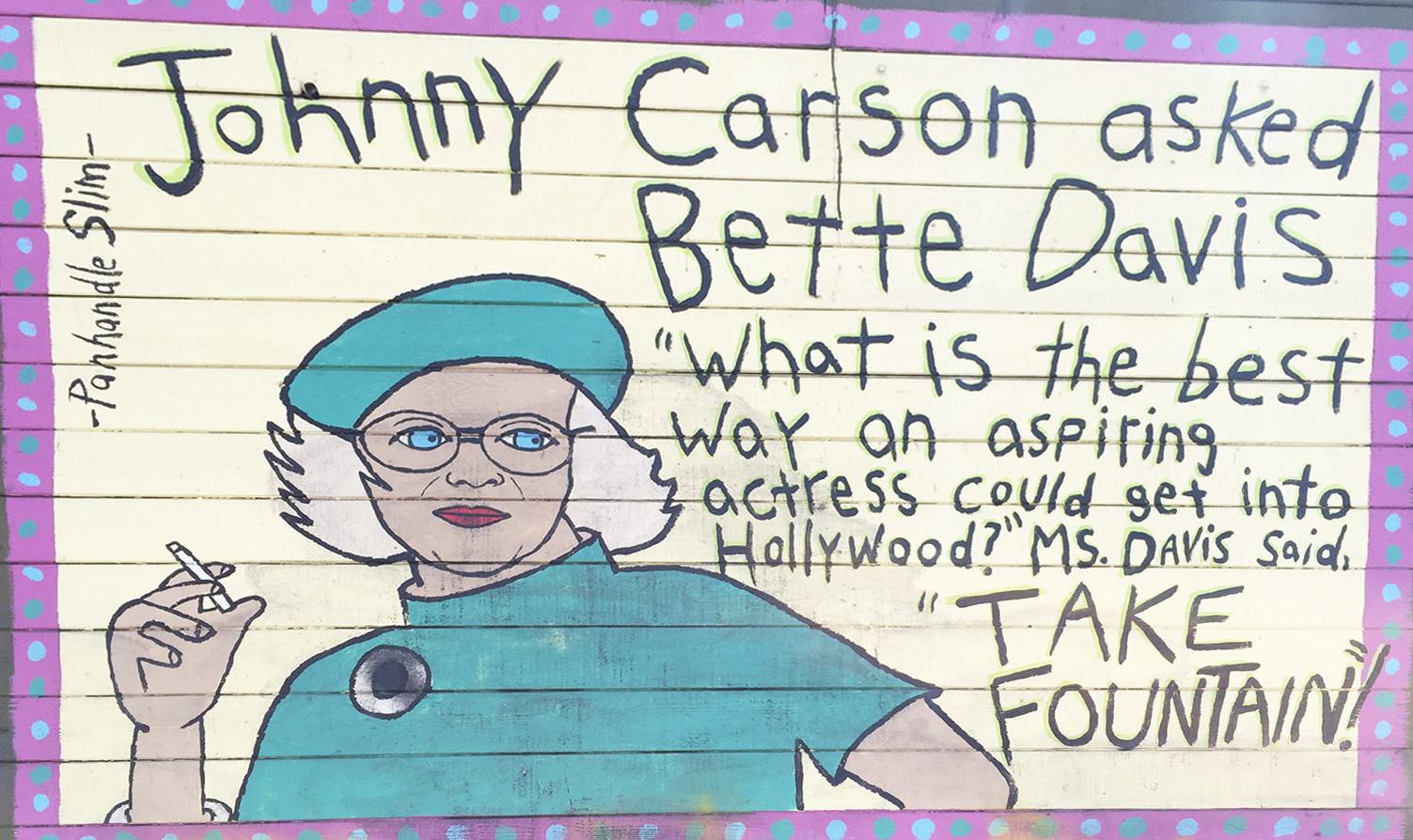Autonomous Zones in Los Angeles
In Los Angeles informal, that is to say illegal, productive uses of land are ubiquitous. Activities like street vending, backyard restaurants, ghost kitchens, perpetual garage sales, all kinds of specialized retail, unlicensed day care, auto and bicycle repair and painting, massage and yoga studios, market gardening, music lessons, rent parties, plant nurseries, gypsy cab operations, furniture and computer repair, tailoring, live music, personal grooming services of every description, apartment-sharing by large numbers of people, raising chickens, pigeons, rabbits, parakeets, cockatiels, and even small goats. Unhoused people use land productively, illegally, and cooperatively by living on it in addition to many of the above activities.
Everywhere in this City adaptable, energetic, determined people find infinitely many creative ways to enrich themselves, their families, and their communities using whatever access to land they’ve managed to organize. Not only do they benefit themselves and their immediate communities this way, but their work makes the life and the culture of this City infinitely richer for almost everyone here.1 And yet all of these activities are illegal and the potential consequences are severe. They include eviction for renters and its attendant potential financial ruin and risk of homelessness, homeowners risk nuisance suits and potential property confiscation, also amounting to financial ruin and risk of homelessness. Everyone involved risks fines, arrest, imprisonment, and police violence.
Continue reading


